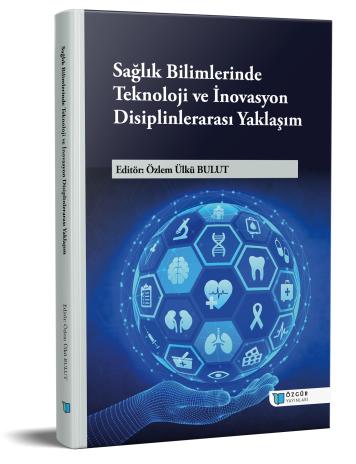
Simulation-Based Education in the Field of Obstetrics and Gynecology Nursing
Chapter from the book:
Bulut,
Ö.
Ü.
(ed.)
2025.
Technology and Innovation in Health Sciences: An Interdisciplinary Approach.
Synopsis
Simulation is widely used in education and is gaining popularity in the field of healthcare education. In hospital settings, simulated experiences allow nursing students to participate in realistic patient care experiences that they would not be able to access in real clinical settings. Nursing students encounter certain problems while performing nursing interventions to develop and reinforce their skills in clinical settings. Various difficulties arise, such as the scarcity of patients suitable for training, the limited availability of clinical settings, and the large student population. Before going to the clinic, the use of simulation techniques allows students to develop their cognitive, emotional, and psychomotor skills in a safe and realistic environment, enabling them to achieve professional competence. In addition to gaining professional skills, simulation learning will also help students manage their pre-clinical stress. Simulation-based training programs within the Obstetrics and Gynecology Nursing course are recommended because they provide students with the opportunity to learn by doing and experiencing, and they form the basis of good educational practices by offering repeated application and experience opportunities. Simulation training is needed in many applications, such as shoulder dystocia, cord prolapse, postpartum hemorrhage, uterine inversion, cervical cancer screening, and many other applications require simulation training. Strong, innovative, technology-integrated training programs, reliable and valid assessment tools for student evaluation, simulation-based applications, and trained instructors play a key role in training qualified nurses in the field of obstetrics and gynecology nursing. The integration of simulation techniques, whose use should be widespread, into nursing education will benefit the improvement of nursing care provided in the field of women's health both globally and in Turkey, thereby improving maternal, child, and community health.

